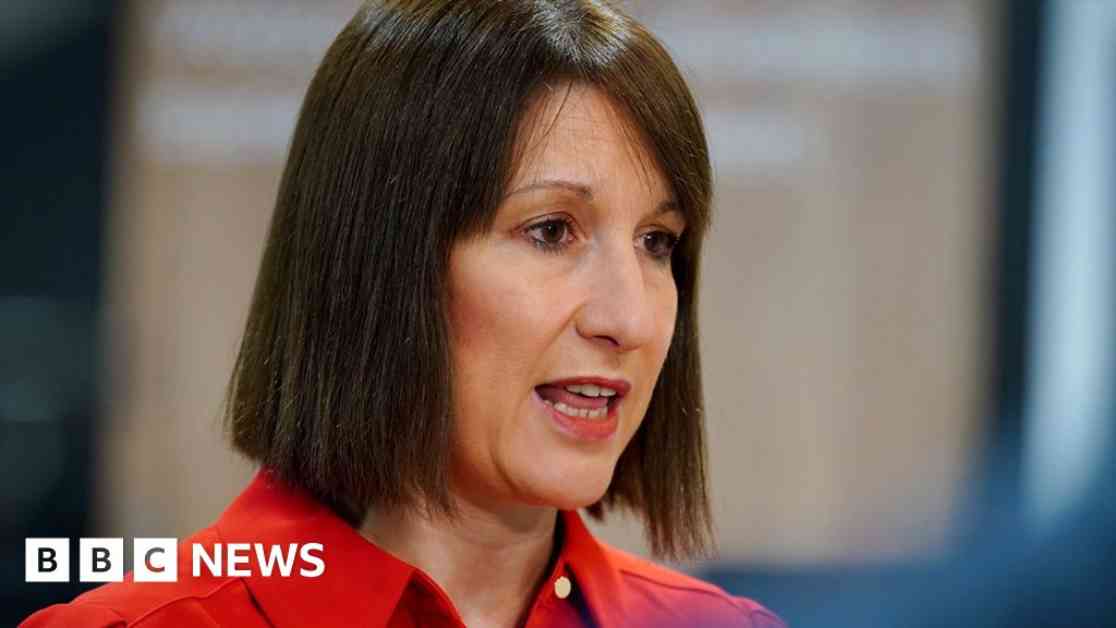Questions have been raised about the accuracy of Chancellor Rachel Reeves’s online CV and the use of expenses during her time at Halifax Bank of Scotland (HBOS) following a BBC News investigation. Reeves, alongside two colleagues, was the subject of an expenses inquiry during her tenure as a senior manager at HBOS in the late 2000s. It was revealed that her online CV exaggerated her duration of employment at the Bank of England. As the investigation unfolds, political figures like Sir Keir Starmer have weighed in, emphasizing the importance of trust in leadership and the management of public finances.
Expenses Probe Raises Concerns
The initial stage of the investigation indicated that a whistleblower’s complaint at HBOS was substantiated and that the three employees, including Reeves, may have breached regulations. While the final outcome of the probe remains undisclosed, Reeves’s spokesperson asserts that the chancellor was unaware of the investigation, always adhered to expenses guidelines, and left the bank amicably. However, the revelation that her LinkedIn profile misrepresented her tenure at the Bank of England has sparked further scrutiny.
Updates to Reeves’s LinkedIn profile corrected inaccuracies regarding her employment dates at both the Bank of England and HBOS, attributing these errors to administrative oversight. This discrepancy, coupled with claims of embellishment on her online CV, has sparked a debate regarding the chancellor’s integrity. Despite these concerns, Downing Street maintains confidence in Reeves’s conduct, emphasizing her commitment to economic growth and public financial stability. As the investigation progresses, questions linger about the impact of these revelations on the public’s perception of leadership.
Reeves’s Public Image and Political Implications
As Reeves’s political career faces renewed scrutiny, her portrayal of her professional background has come under increased examination. References to her tenure at the Bank of England, a pivotal component of her credibility on economic matters, are juxtaposed with the reality of her actual employment history. The timing of her departure from the Bank of England, discrepancies in her LinkedIn profile, and the subsequent correction of these details highlight the complexities of political image management in the digital age.
The evolving narrative surrounding Reeves’s career history underscores the delicate balance between political messaging and factual accuracy. Instances of profile adjustments, contrasting statements in speeches and interviews, and discrepancies in employment records illuminate the challenges of maintaining transparency in public life. As the chancellor navigates these revelations, the public’s trust in her leadership and integrity remains a focal point of discussion among political commentators and constituents alike.
In conclusion, as Chancellor Rachel Reeves grapples with questions surrounding her online CV and expenses during her tenure at HBOS, the intersection of political accountability and personal credibility comes to the forefront. The ongoing investigation, coupled with discrepancies in her professional background, underscores the complexities of public image management in contemporary politics. As Reeves addresses these concerns and clarifies her career history, the public’s perception of her leadership and integrity will undoubtedly play a pivotal role in shaping the narrative of her political career.













